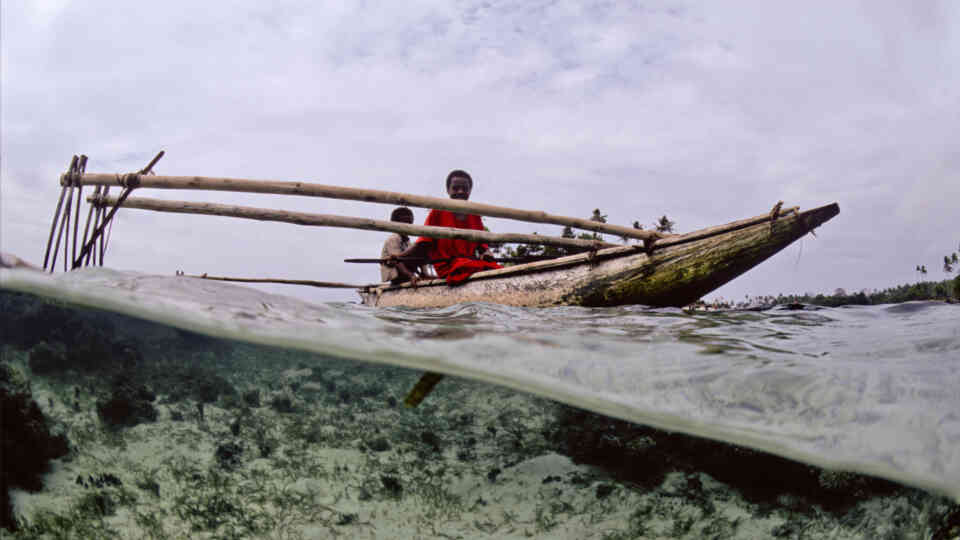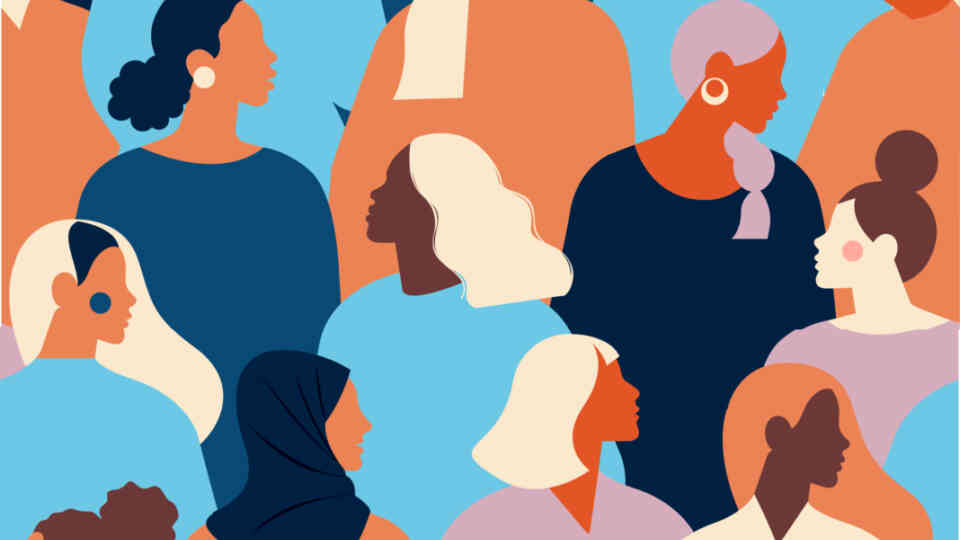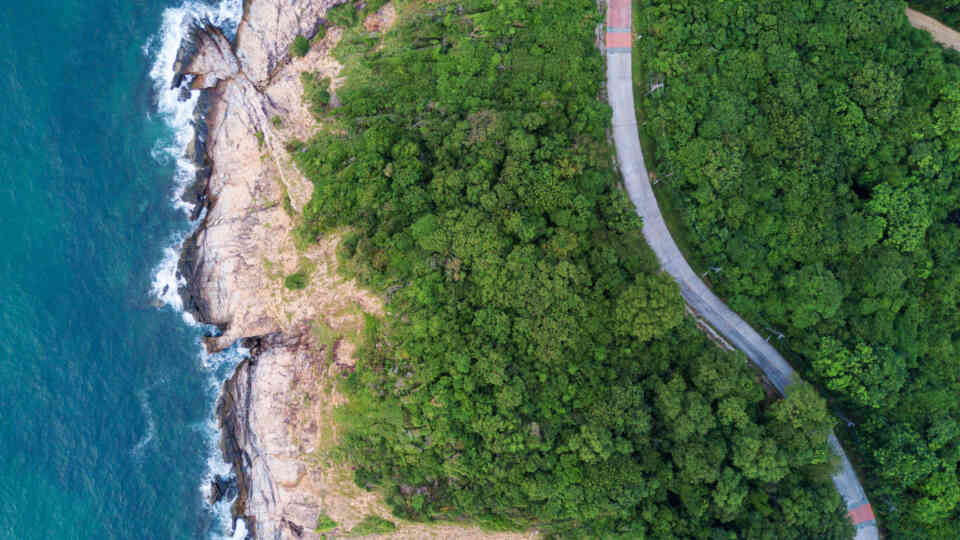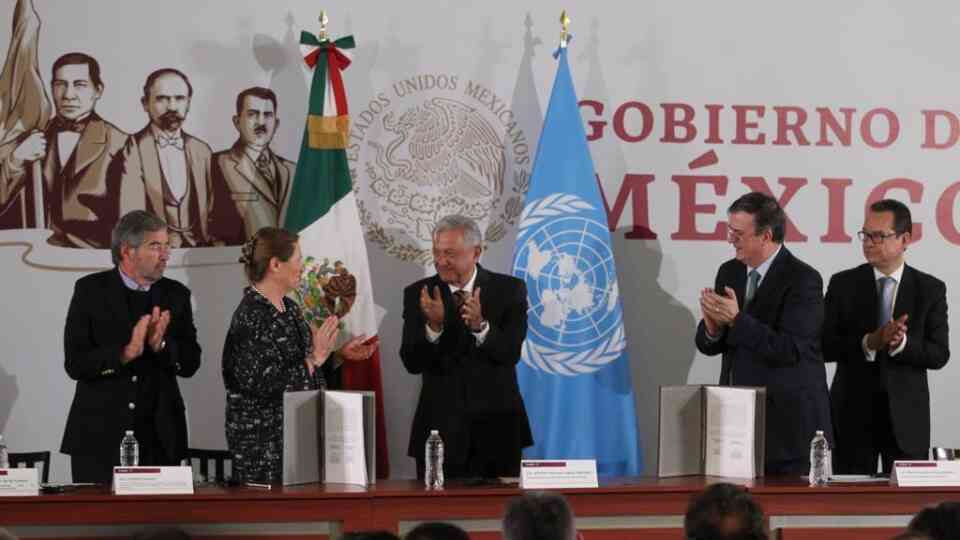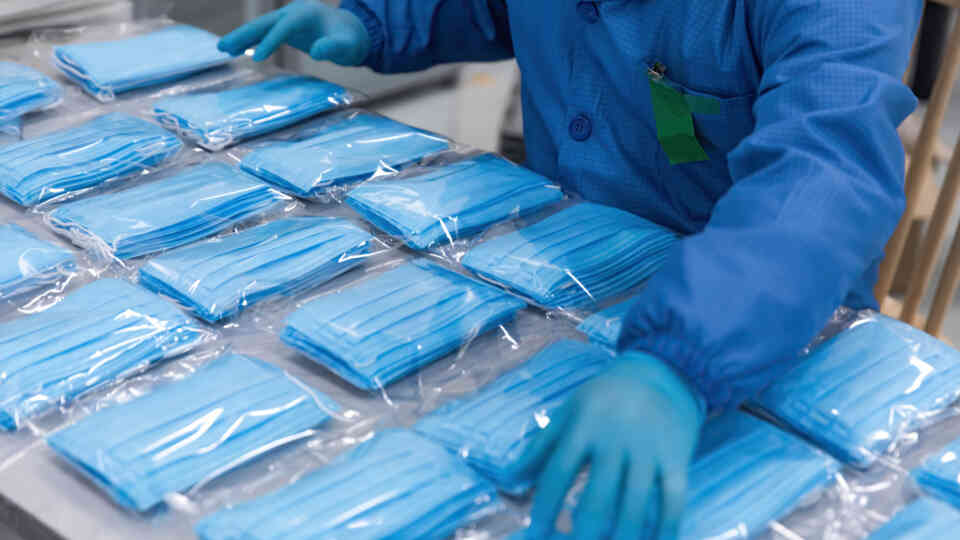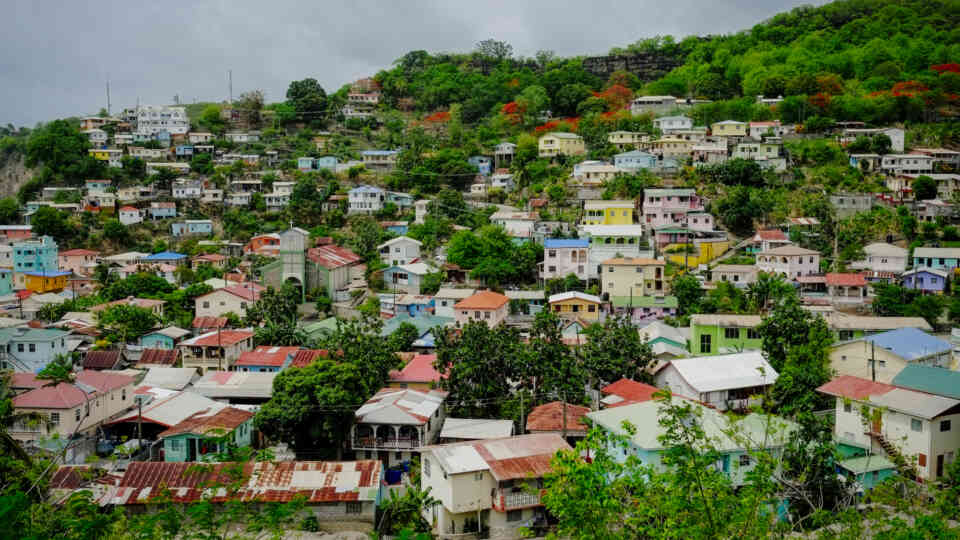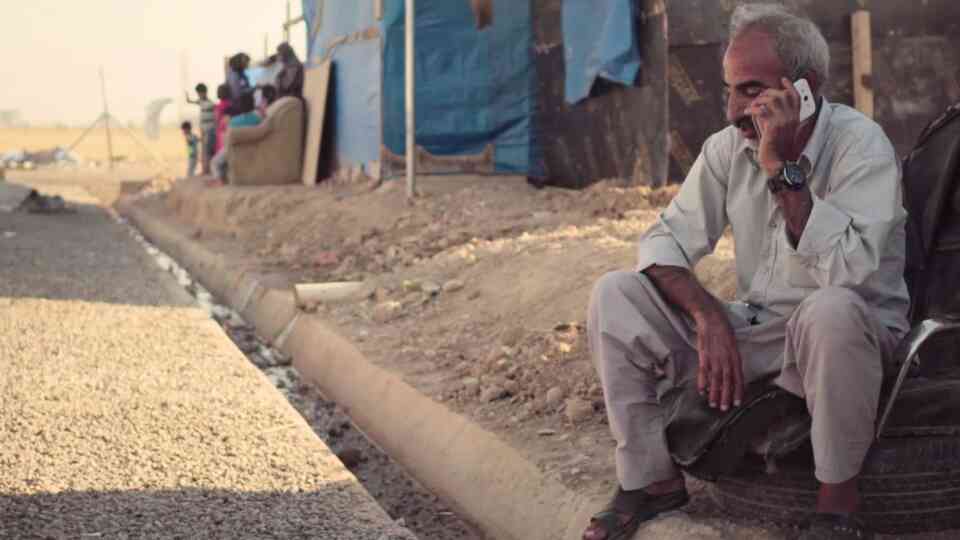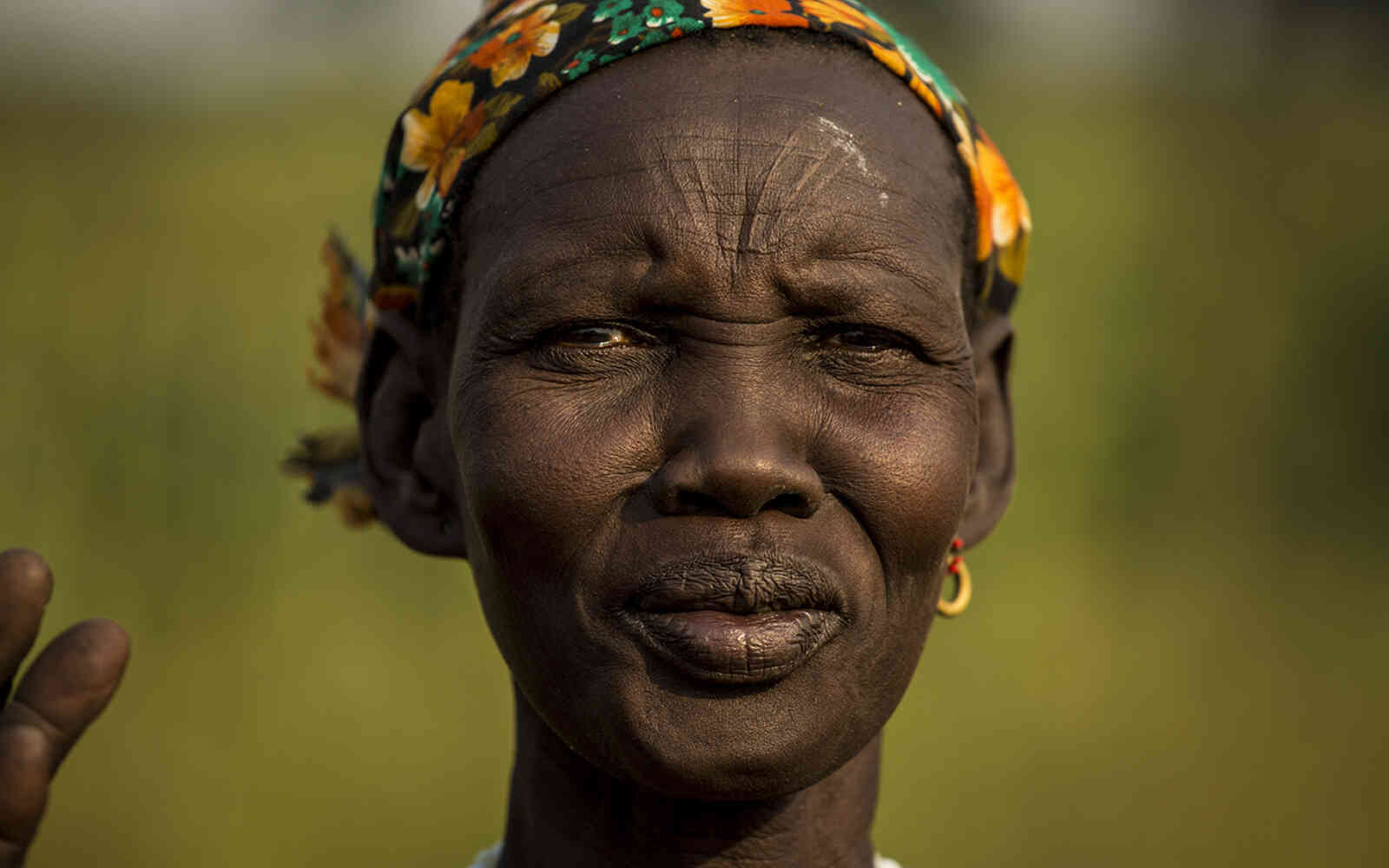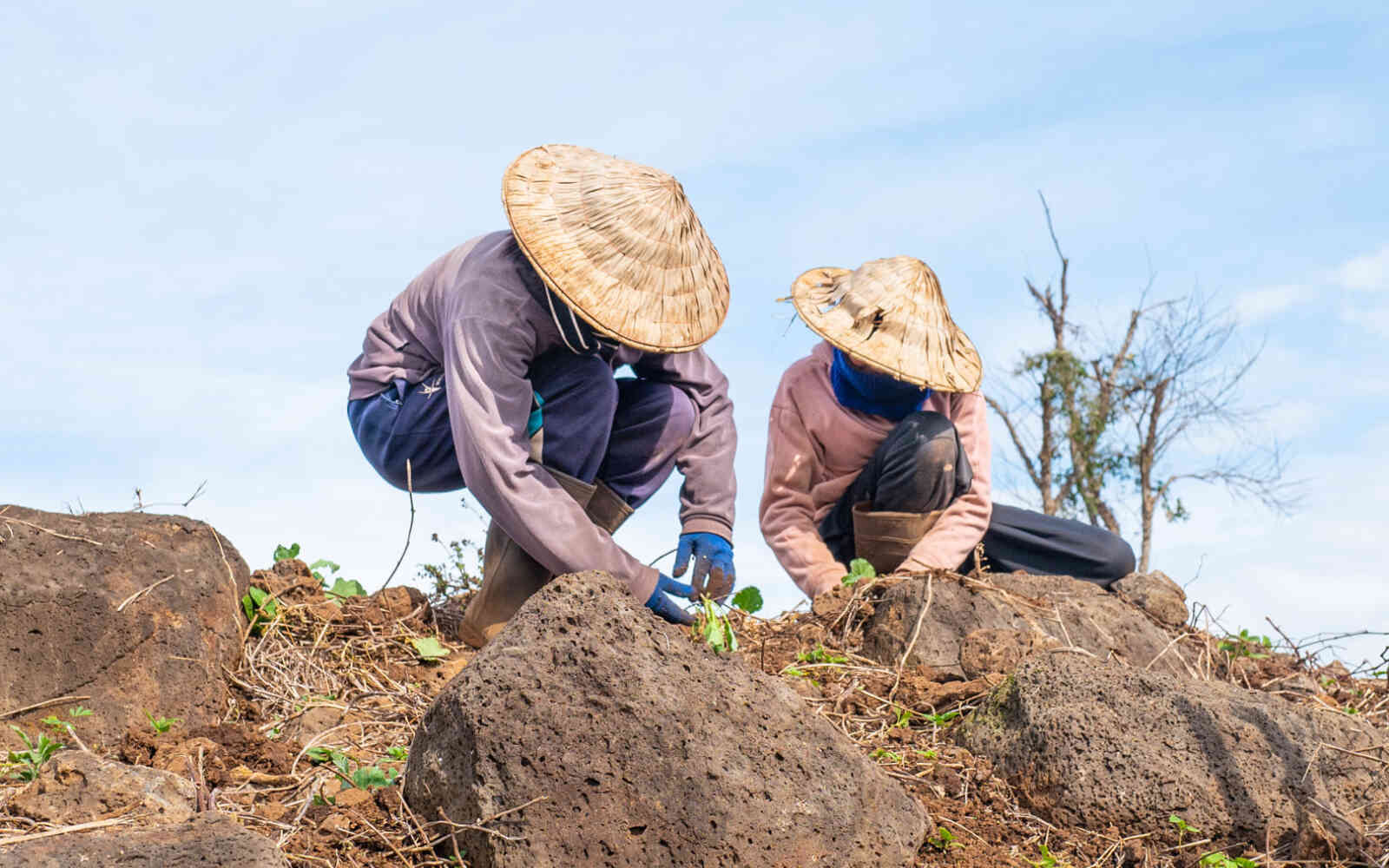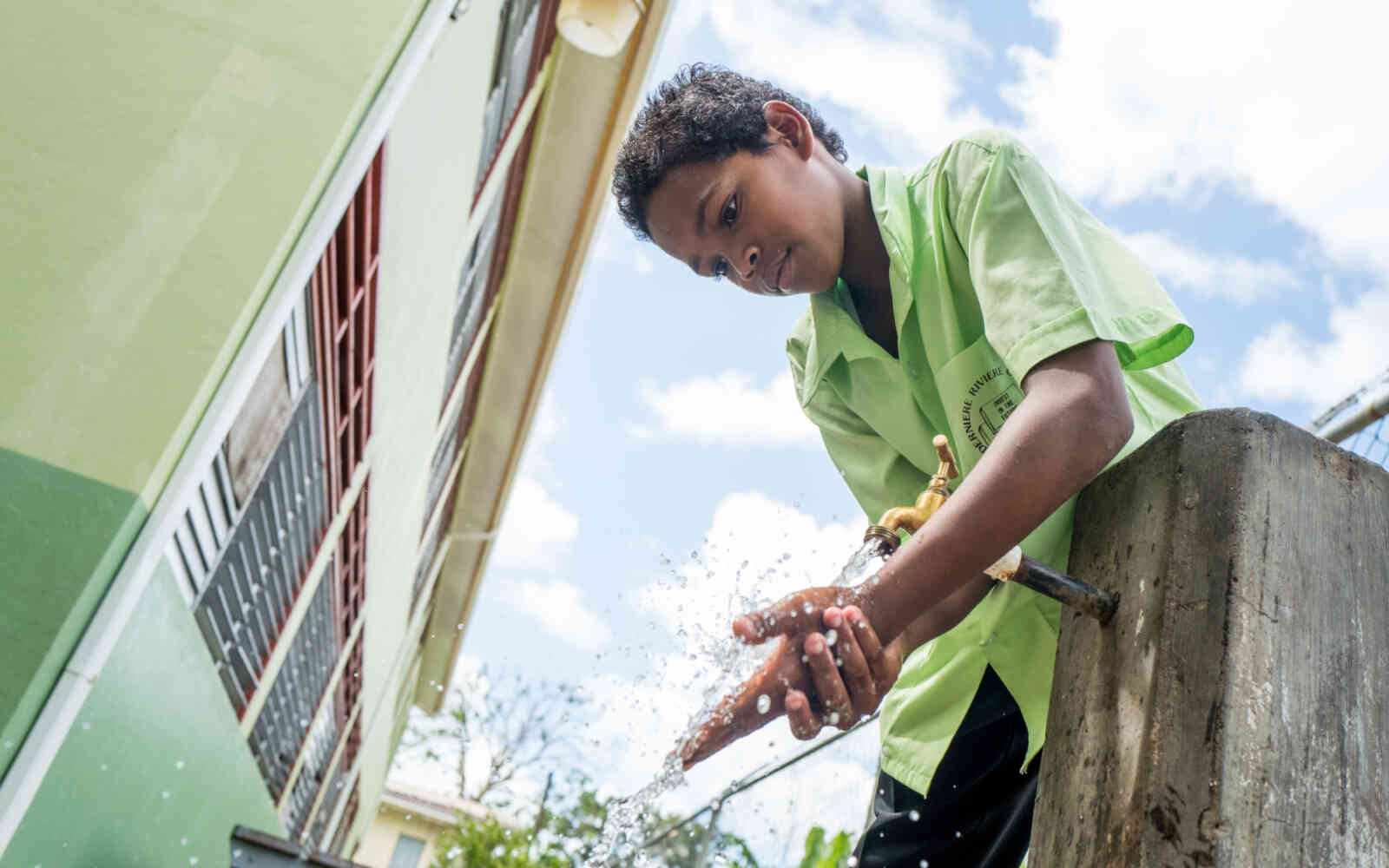The United Nations Office for Project Services (UNOPS)

Build the future
2020 Overview
Download our 2020 sustainability report
A year of resilience,
of coming together
2020 was a truly remarkable year, forever to be viewed through the lens of the COVID-19 pandemic. Lives and livelihoods were lost, economies were disrupted at unprecedented levels, and the progress made under the 2030 Agenda came under threat.
But 2020 was also a year of resilience, of coming together to find solutions, and responding to our biggest challenges. Our focus remains resolutely on implementation, offering our expertise in infrastructure, procurement and project management for a sustainable world. As we look to the future, the lessons of 2020 will be paramount in our minds.
Now more than ever, we need to work together to build a more sustainable, inclusive and resilient world. Together, we can build a better future for all.
- This page was published more than two years ago. Some information may no longer be accurate.
2020: in numbers
Our Projects

Our Projects
We're on the ground to help build the future – with infrastructure, procurement and project management services.
The pandemic has exposed deep-rooted inequalities in our societies. It has led to the loss of lives and livelihoods, and put a huge strain on public health systems and economies. The most vulnerable have been the hardest hit.
From Mexico to Micronesia, explore some of our projects
Our Priorities

Our Priorities
Delivering on the 2030 Agenda during the Decade of Action
Standing together: COVID-19
A timeline of our activities over the past 12 months.
For billions of people across the globe, the COVID-19 pandemic brought life as they knew it to a stop. At UNOPS, our ways of working changed too. But our focus remained resolutely on saving and improving lives. In the midst of the global pandemic in 2020, we agreed around $900 million worth of projects in support of the COVID-19 response, helping countries address their most pressing needs and mitigating the long-term impacts of the pandemic.
Across the world, UNOPS colleagues have worked hard over the past year to help our partners prepare, respond and recover. The determination and commitment of UNOPS personnel continue, as we all work together to defeat this virus.
Explore our COVID-19-related work
BOLD IDEAS: TOWARDS
A BRIGHTER FUTURE
In 2020, we contributed ideas, actions and solutions aimed at addressing some of the world's biggest challenges.
Read through a selection of the initiatives
SUSTAINABILITY
Sustainability is at the forefront of UNOPS work around the world. We aim to help our partners maximize the positive impact and sustainability of their projects, to better serve communities in need.
How we measure our success
The Global Reporting Initiative (GRI) framework measures the impact of UNOPS work on the environment and the societies in which we work, underscoring how our operations contribute to sustainable development around the world.
Through GRI, we speak a common reporting language to both those inside and outside of the United Nations. Here, we reaffirm our commitment to measuring ourselves against international standards.

OUR PARTNERS
We're dedicated to supporting our partners by providing services that increase the effectiveness of peace and security, humanitarian and development projects worldwide.
To advance the 2030 Agenda and support the achievement of the SDGs, we aim to engage in collaborative partnerships with a focus on sharing our expertise in infrastructure, project management, procurement, human resources and financial services.
UNOPS support to governments in 2020 represented $750 million of our portfolio, demonstrating a clear demand for our services. Government partners included Argentina, Canada, Guatemala, Honduras, Japan, Norway, Peru, the United Kingdom and the United States.
Within the UN family, which represented 25 per cent of our portfolio, our largest partner was the UN Secretariat, specifically the Department of Peace Operations, to which we provided a range of services.
A word from our partners
Our Mission

Our Mission
To help people build better lives and countries achieve peace and sustainable development.
HOW WE WORK
We are focused on implementation, committed to UN values and private sector efficiency. We are the only part of the UN not receiving core funding. Our partners call on us to supplement their own capacities, improve efficiency and transparency, reduce risks, boost cost-effectiveness and increase quality.
Our services
Each of our service lines has a focus on sustainability and national capacity development. Our financing model promotes lean, effective delivery.
Our flexible structure and global reach means that we can quickly respond to partner needs while gaining the benefits of economies of scale.
We tailor support to the needs of our partners, delivering a key element of a project, offering expert advice, or managing entire projects or programmes.
Today’s world requires new approaches and partnerships that harness the potential of technological change. UNOPS, with a mandate in infrastructure, is a vital part of this future.




HOW WE CONTRIBUTE
UNOPS contributes to broader efforts to help partners realize the Sustainable Development Goals (SDGs) through three focus areas:
Enable partners to do more with less
Enable partners to do more with less through efficient management support services, delivered locally or as global shared services.
For example, UNOPS supports mine action, humanitarian, stabilization and explosive management activities, as well as capacity-building on national actors and United Nations missions, and the weapons and ammunition management work of the UN Mine Action Service (UNMAS) and partners in 19 countries and territories around the world. Totalling around $240 million, UNOPS helped its main partner, UNMAS, deliver a range of results, including:
• In the Central African Republic, 23 armouries and temporary storage kits were constructed and rehabilitated and training was provided to 52 officers in weapons and ammunition management and explosive ordnance disposal.
• In Iraq, over 1,000,000 m² of land was cleared by rendering safe 766 units of explosive ordnance, 27 improvised explosive devices, 289 victim-operated improvised explosive devices and 78 explosive remnants of war.
• In Libya, technical assistance and specialized training was provided to national authorities on physical stockpile management and countering the proliferation of illicit weapons.
• In Somalia, specialized training was delivered to almost 4,500 troops of the African Union Mission in Somalia (AMISOM) on subjects ranging from IED threat awareness to search and detection.
Help people achieve individual, local, national and global objectives
Help people achieve individual, local, national and global objectives through effective specialized technical expertise grounded in international norms and standards.
In Senegal, as part of the $30 million World Bank-funded Saint-Louis Emergency Recovery and Resilience Project, UNOPS is implementing the $2.3 million Relocation of the Displaced Populations of the Langue de Barbarie Project, in partnership with the government. As part of the project, more than 400 shelters will be built which will provide housing to more than 1,400 people, as well as serve as a temporary school and be used for offices. Together with the government, UNOPS has developed designs for a permanent settlement for the people displaced from the Langue de Barbarie. In 2020, 62 per cent of UNOPS infrastructure projects reported an output enabling equal access, 57 per cent enabled equal access for women, and 26 per cent enabled equal access for persons with disabilities.
Support countries in achieving the 2030 Agenda
Support countries in expanding the pool and effectiveness of resources available to achieve the 2030 Agenda. UNOPS is working to further partnerships between the public and private sectors. One way we do this is by partnering with private sector organizations whose resources and expertise can complement our work in countries and regions around the world.
For example, UNOPS continued to develop its Sustainable Infrastructure Impact Investments (S3I) initiative and explore opportunities for collaborative partnerships to mobilize alternative funding sources for the 2030 Agenda, particularly in the areas of affordable housing, renewable energy, and water and sanitation.
In 2020, UNOPS S3I committed to building more than 250,000 sustainable and affordable homes in Guinea and Ekiti State, Nigeria, working closely with the respective governments. The homes will incorporate green technology and will be built using local skills and equipment, providing thousands of new employment opportunities for local people and contributing to local economic development. UNOPS has committed to help build more than 1.3 million homes over the next decade, in Kenya, Ghana, Guinea, Nigeria, India, Pakistan and across the Caribbean.
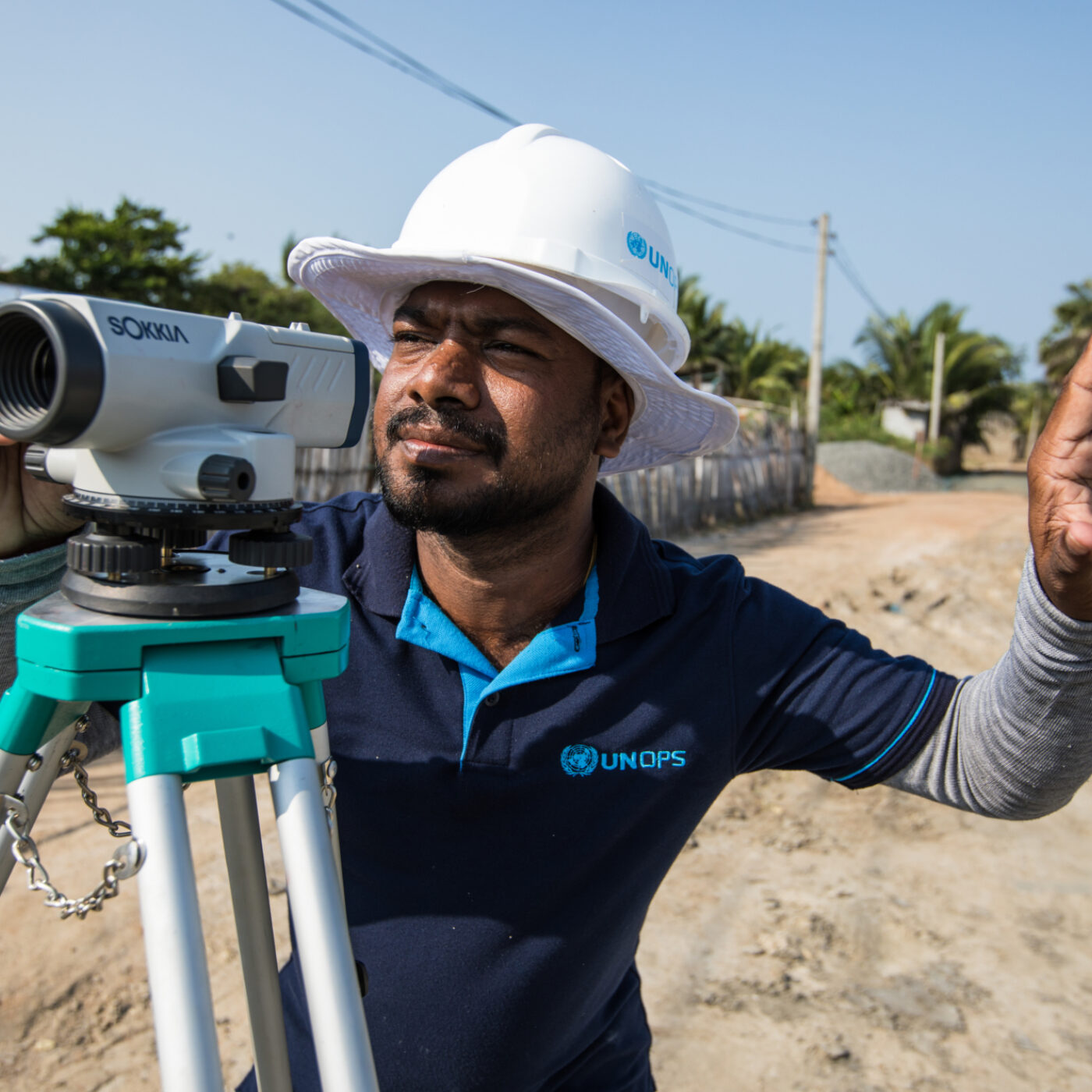
The knowledge we bring
We contribute to social sustainability and national capacity by passing on technical skills and experience to the people we work with on the ground.
We take pride in the fact that our expertise is grounded in international best practices. In 2020, we provided over 38,000 days of technical advice to stakeholders across a range of our projects.
Our People

Our People
We work hard to recruit and retain the best expertise.
We recognize that we have work to do to achieve gender parity at UNOPS and we are committed to addressing this situation.
GENDER BALANCE
Our partners rely on our professionalism, skills, expertise and innovative ideas to successfully complete projects in some of the most challenging locations around the world.
As members of the UN family strive towards gender equality, we report our personnel data and turnover rate by gender. This helps us to better identify issues and take targeted steps to improve.
In December 2018, 39 per cent of UNOPS personnel were women. At the time of this report, 47 per cent of UNOPS personnel are women. We still have progress to make in our journey to being a more equal organization, but this represents a significant achievement, even if long overdue. Moving forward, we want to ensure a broader, more diverse, and more inclusive approach.


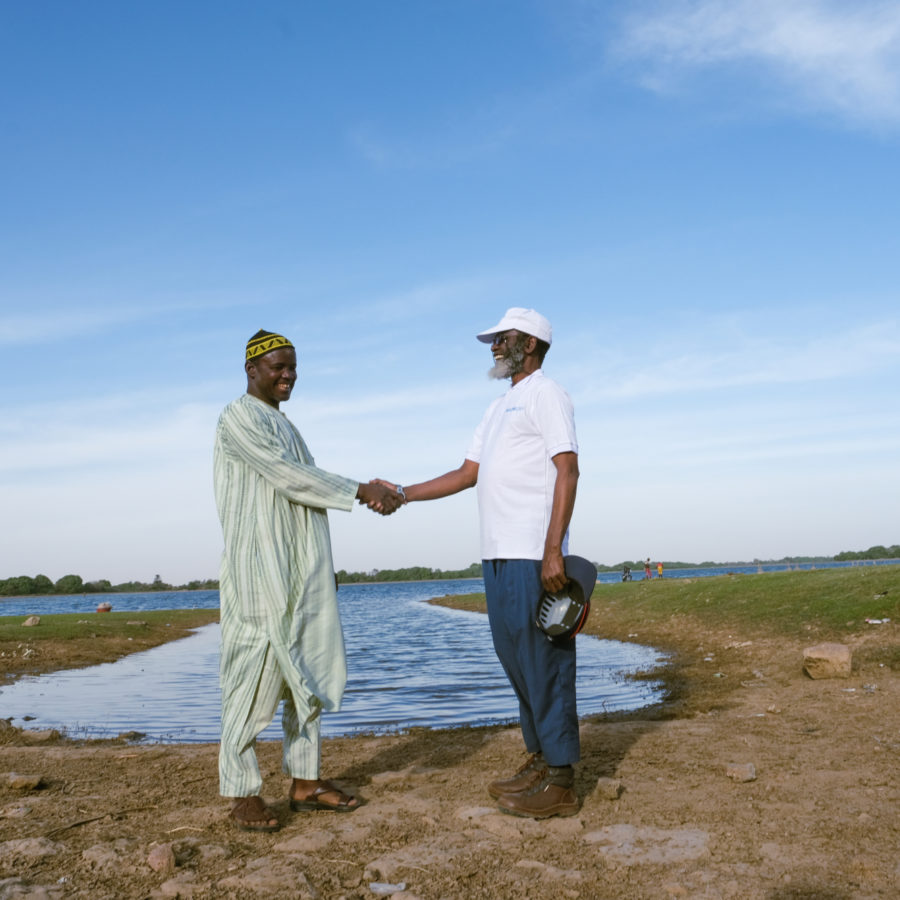

INSIGHTS
Ideas, analysis and solutions from our UNOPS experts. Read more articles from the #UNOPSInsights series here.
#BuildTheFuture
See the latest UNOPS news and storiesSharing is caring...
Sharing is caring...
Connect with UNOPS and keep up-to-date with our latest news, stories and insights.











